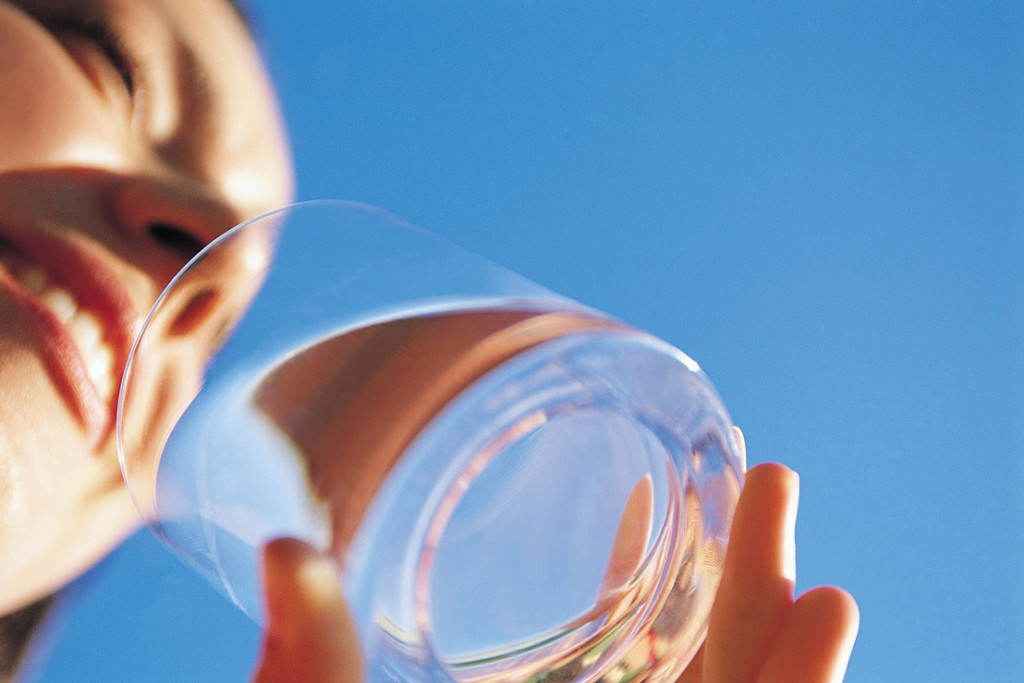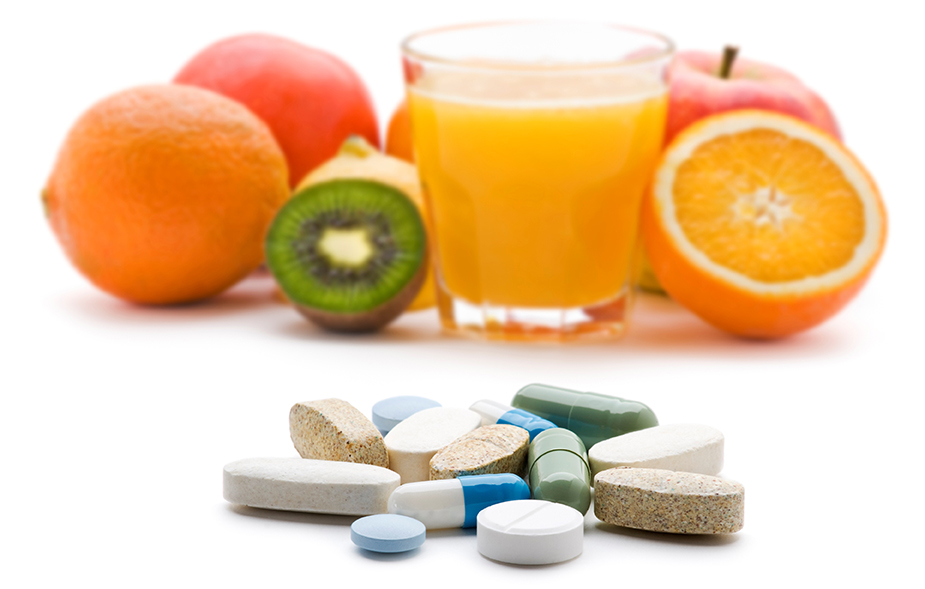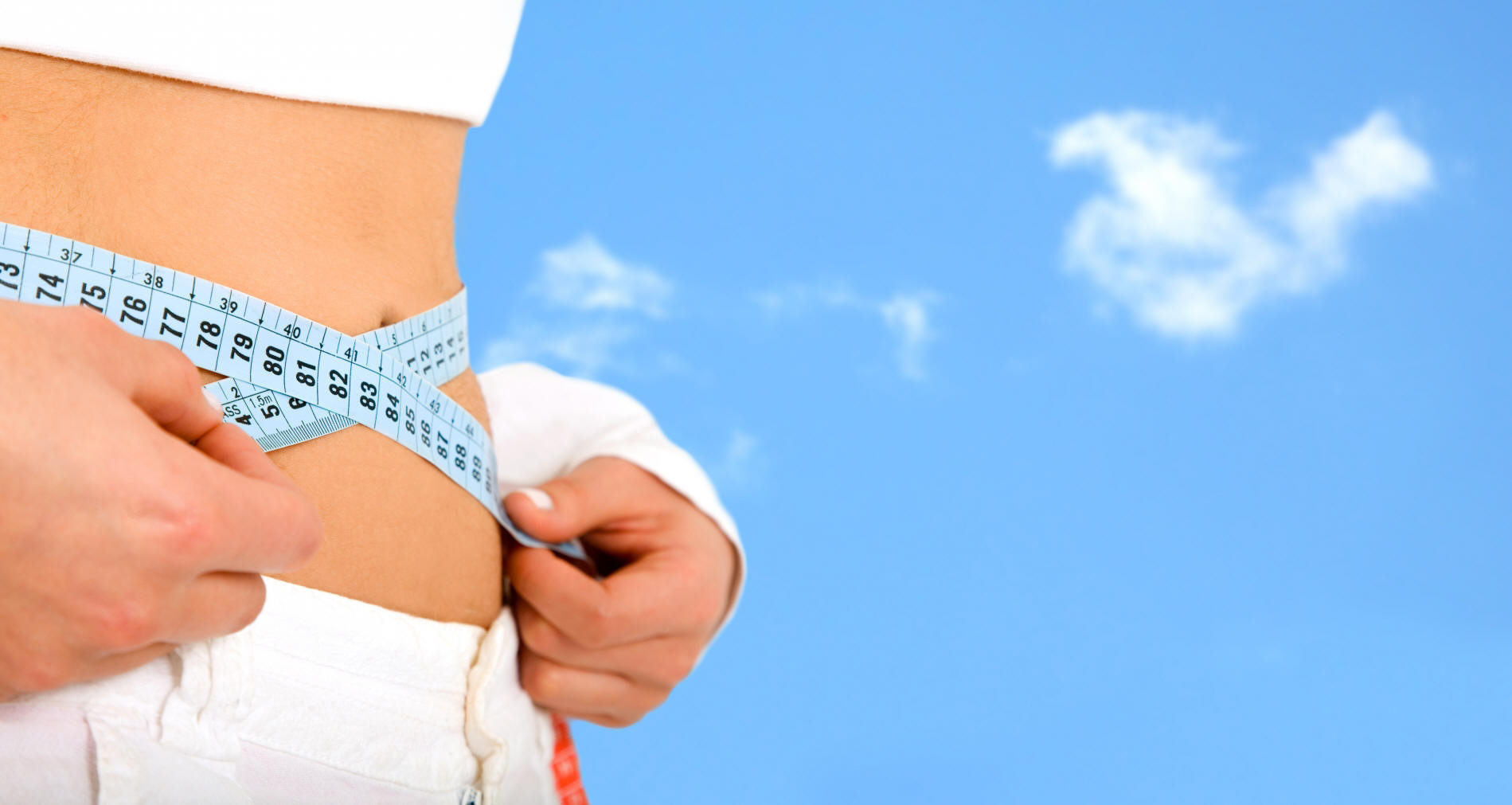
Stay hydrated, we recommend you take a minimum of 64 oz. to 1.5 L of liquid a day. Avoid sugar and carbonated beverages.
Try to take 5-6 meals a day. Breakfast-lunch-dinner plus 2 snacks. Remember your stomach is smaller in size, you must eat at least every 3 hours to reach your daily calorie requirement.
Measure your portions. If at home or when dining out at a restaurant. Measure ½ cup or 4 ounces of food and the rest you push away from your plate.

Of these 4 ounces, first eat the 2 ounces of protein and then work on the rest of the meal.
Protein includes (lean meat, chicken, fish, tuna, pork, shrimp, lobster, cold cuts)
Your daily protein requirement is 65-70 grams. You must supplement with shakes, protein powder or protein bars to reach this requirement.
Don´t eat and drink liquids at the same time, this way you will feel restriction and satiety.
We recommend 150 minutes of cardiovascular exercise a week, with a goal of 300 minutes weekly. Because of accelerated weight loss, you will have to incorporate resistance exercises (low weight, high repetitions) to aid in muscle toning and elasticity of the skin.
You will have to supplement with vitamins, no matter what surgery you had.
Our current recommendation is:
MultivitaminsComplete Multivitamins (with iron) twice a day (We recommend using chewable vitamins for the first six months after surgery) Calcium Citrate
|
 |
 |
B12/ B complex (drops or tablets sublingual, injectable)1000 mcg of B12 daily Vitamin D35000 International Units (IU) daily Many patients ask me or are worried about developing dumping. Let´s first define Dumping Syndrome: it´s seen when food and especially sugars pass quickly from the stomach to the small intestine. The syndrome is characterized by gastrointestinal and motor symptoms. The gastrointestinal symptoms include, sensation of fullness, cramps, nausea, vomiting and explosive diarrhea. The motor symptoms include: sweating, restlessness, fatigue, flushing, palpitations and an intense desire to stretch. If you follow the diet recommendations that include don’t eat and drink liquids at the same time and avoid sugar and carbonated beverages, you should not develop dumping. Please notify your surgeon if you experiment these symptoms. |




